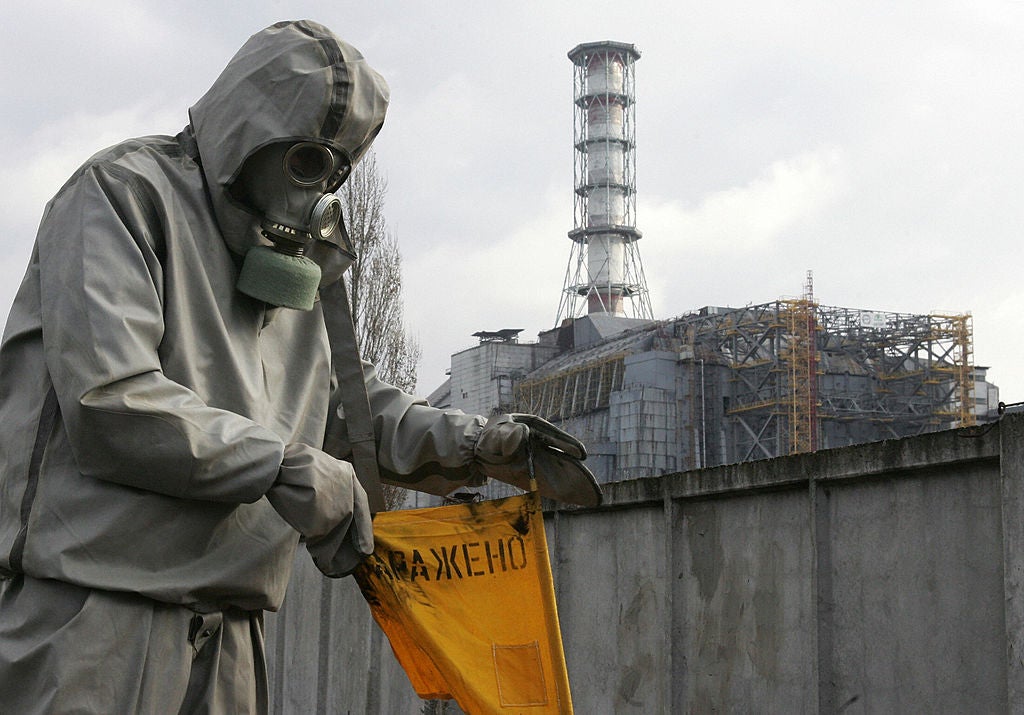Scientists might be wrong about cause of Chernobyl disaster, new study claims
Fresh evidence points to initial nuclear explosion rather than steam blast

Scientists might have been wrong about what caused the Chernobyl nuclear disaster, a new study has claimed.
Rather than being triggered by what is commonly believed to have been a steam explosion, a paper published in the journal Nuclear Technology suggests the first blast was in fact a nuclear one.
The 1986 disaster remains the world’s worst nuclear accident. It caused 56 direct deaths, but estimates suggest the toll could be as high as 4,000 after millions in Europe and Russia were exposed to dangerous levels of radiation.
The researchers believe that a series of initial nuclear explosions sent a plume of debris almost two miles into the air around the site in northern Ukraine.
They claim that this then triggered the steam explosion 2.7 seconds later, which ruptured the reactor and sent yet more debris into the sky at lower altitudes.
Lars-Erik De Geer, lead author and a retired nuclear physicist from the Swedish Defence Research Agency, told Fox News: “We realised that we, based on real measurements and observations, could explain details in the Chernobyl accident scenario and the nature of the two major explosions that occurred during a few seconds that unfortunate night more than 31 years ago.”
The scientists said their new theory was based on three pieces of evidence.
The first was that a Russian nuclear research facility detected new xenon fission products – something found in nuclear reactor fuel – 230 miles north of Moscow and far from the debris ejected due to the steam explosion.
Second is that the latest weather dispersion technology calculates that these xenon isotopes found north of Moscow could only have got there if they were blasted to a far higher altitude than the debris that turned towards western Europe as a result of the steam blast.
Finally, the destroyed reactor tank suggested that the initial explosion caused temperatures hot enough to melt a two-metre bottom plate. The researchers said this was consistent with a nuclear explosion.
They also pointed out the nuclear theory is supported by witnesses who saw a “bright blue flash” moments after the first explosion.
Mr De Geer said that the Chernobyl disaster could only happen in particular Soviet-era reactors, of which there are 11 still operating in Russia.
“Our new theory deepens the understanding of the severe effects that can be the result of some original design faults in such reactors,” he added.
A 19 mile exclusion zone remains around the reactor to this day. Despite the area being still contaminated, Ukraine is looking to use the site as a base for renewable energy.
Join our commenting forum
Join thought-provoking conversations, follow other Independent readers and see their replies
Comments
Bookmark popover
Removed from bookmarks